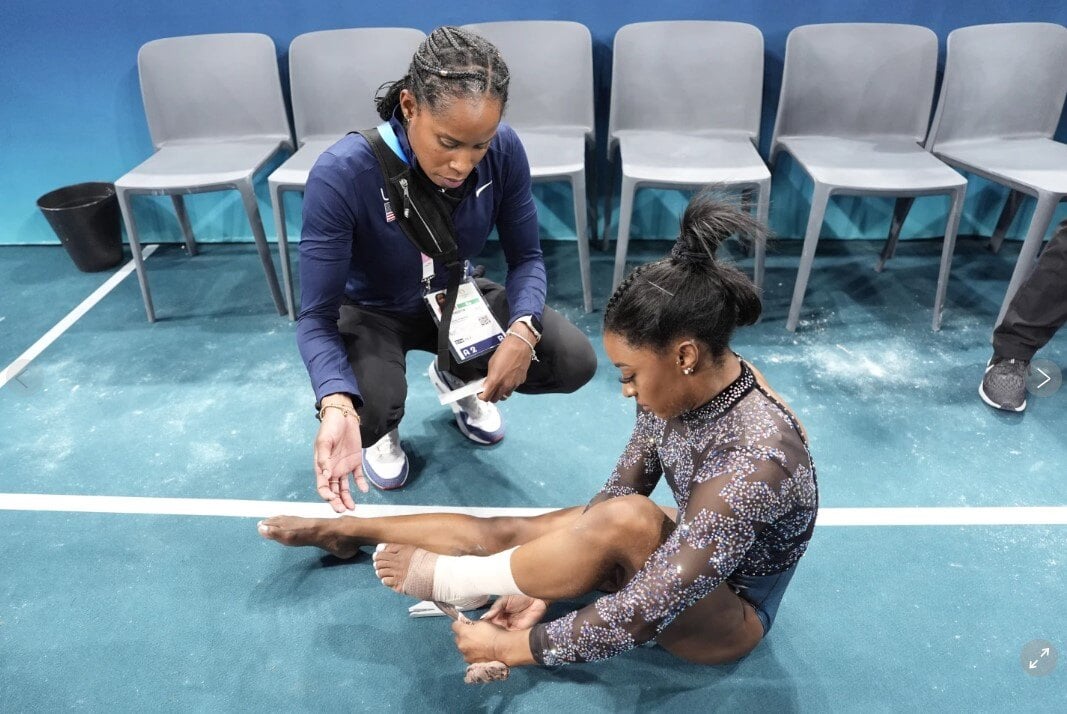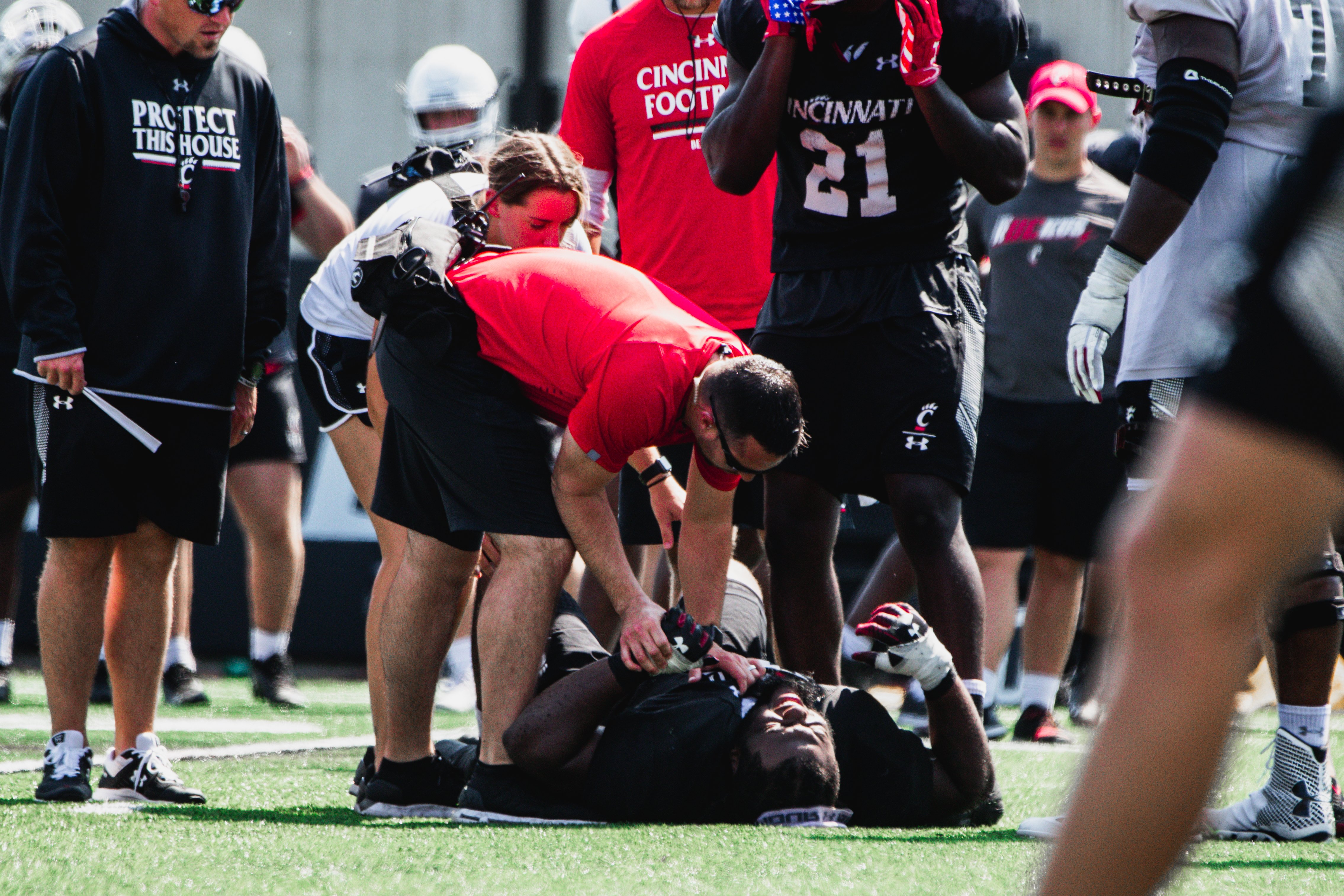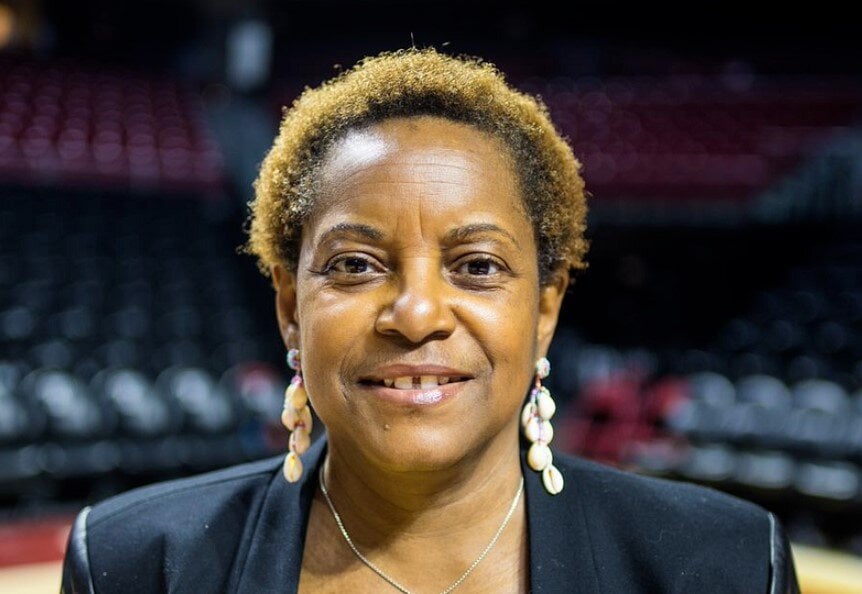Beyond the Medals: Olympians Discuss the Importance of Mental Health
Competing on the world stage, Olympic athletes face immense pressure to perform their best and represent their country.
 Conversations about the mental health toll of elite sports have evolved, with athletes openly discussing the challenges they face.
Conversations about the mental health toll of elite sports have evolved, with athletes openly discussing the challenges they face.
This shift was highlighted in 2021 when U.S. gymnast Simone Biles withdrew from the Tokyo Olympics, citing mental health struggles and stating she felt "the weight of the world on [her] shoulders."
Five former Seattle-area Olympians recently spoke with The Seattle Times about the mental pressures of competing on the biggest stage in sports and the challenge of adjusting back to normal life afterward.
All of them emphasized that the culture around mental health in sports has changed significantly since they competed in the Olympics between 2002 and 2016. Jeremy Taiwo, who placed 11th in the decathlon in 2016, stated:
"It's seen more as a necessary tool in the kit, and it's not looked down upon as it once was."
Mental health resources for athletes have improved, with the U.S. Olympic and Paralympic Committee now employing 14 full-time mental health professionals and maintaining a registry of hundreds of providers available to athletes.
Speed skater Apolo Ohno, an eight-time Olympic medalist, said:
"Sports psychology was the single greatest tool that I had, outside of my blades on my feet."
However, the pressure doesn't end with the Games.
Many athletes experience "post-Olympic blues" as they transition back to normal life. Swimmer Nathan Adrian added:
"It's super hard; there's no two ways about it. You really have to find people who understand it."
Despite these challenges, former Olympians continue to find purpose and new identities beyond their sports, contributing to the ongoing dialogue about mental health in athletics.
Read the full article here!
![HR Logo [Recovered]_Full Color Vertical-1](https://blog.healthyroster.com/hs-fs/hubfs/HR%20Logo%20%5BRecovered%5D_Full%20Color%20Vertical-1.png?width=199&height=178&name=HR%20Logo%20%5BRecovered%5D_Full%20Color%20Vertical-1.png)
 By
By


